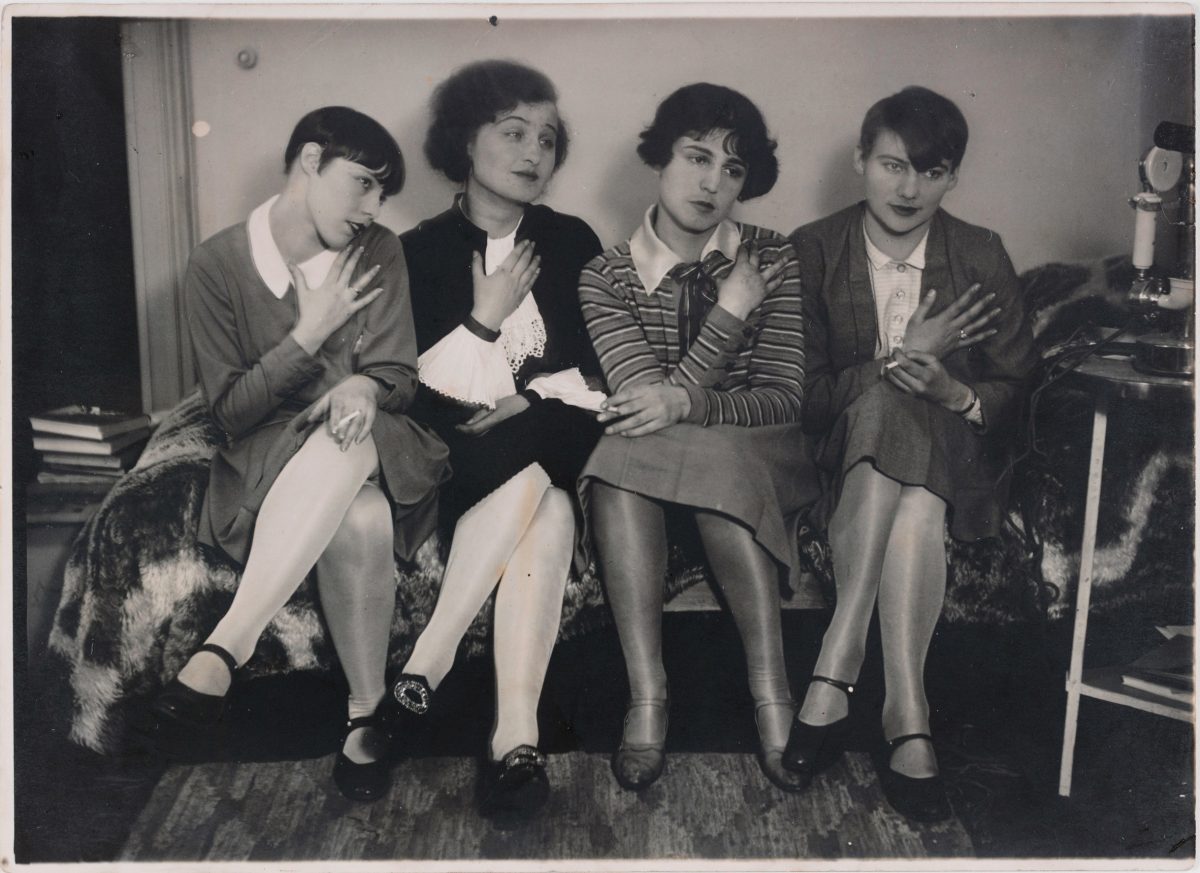
Umbo, Ohne Titel (Alexa von Porembsky, Lena Amsel, Ruth Landshoff, Annemarie Jauß), 1927,
Otto Umbehr was born in Düsseldorf in 1902 the second of six children of Industrial architect Karl Friedrich Umbehr and his mother Frieda who died when he was a young child.
His childhood and as a teenager was odd. He was a school drop-out, a rambler, a coal mine worker, an artistic potter and a member of a group of mystery players. In 1921 he was accepted at the famous Bauhaus school in Weimar. This only lasted two years after a major disagreement with Walter Gropius. Umbehr moved to Berlin, where he worked on Walter Ruttmann’s innovative film “Berlin, Symphony of a Great City” released in 1926.
With the help of fellow Bauhaus student Paul Citroen who suggested he took on the artist name of Umbo he took up photography. He began making photo-collages and took expressionistic portraits of friends. In 1928 he became one of the founding members of the photo agency DEPHOT (Deutscher Photo Service GmbH). The agency was closed by the National Socialists soon after getting into power in 1933.
Umbo actually carried on with his photography during the Nazi era as a freelancer on the propaganda newspaper Signal. He avoided military service up until 1943
In 1943 his photo archives, containing between 50,000 and 60,000 negatives were destroyed in a Berlin bombing raid. After the war Umbo returned to Hanover with his wife, the graphic designer Imgard Wanders, and their daughter. In the post-war years Umbo took photographs of returning German soldiers and everyday life in post-war Germany for ‘Der Spiegel’ and other publications – unfortunately without much success. In the mid-1950s Umbo decided to end all creative work and he began work as an office messenger, store man, packer and cash custodian at the Kestnergesellschaft (Kestner Society) – an art gallery in Hanover Germany, founded in 1916 to promote the arts.
In the 1970s his work began to be reassessed and his photography is in collections throughout the world. The Metropolitan Museum of Art wrote about him:
Umbo’s work has an uncanny, surreal edge that pushes it beyond simple documentation, less the result of experimental darkroom practices than of his exploration of the psychological parameters of photographic description.
Umbo died in Hanover in 1980.
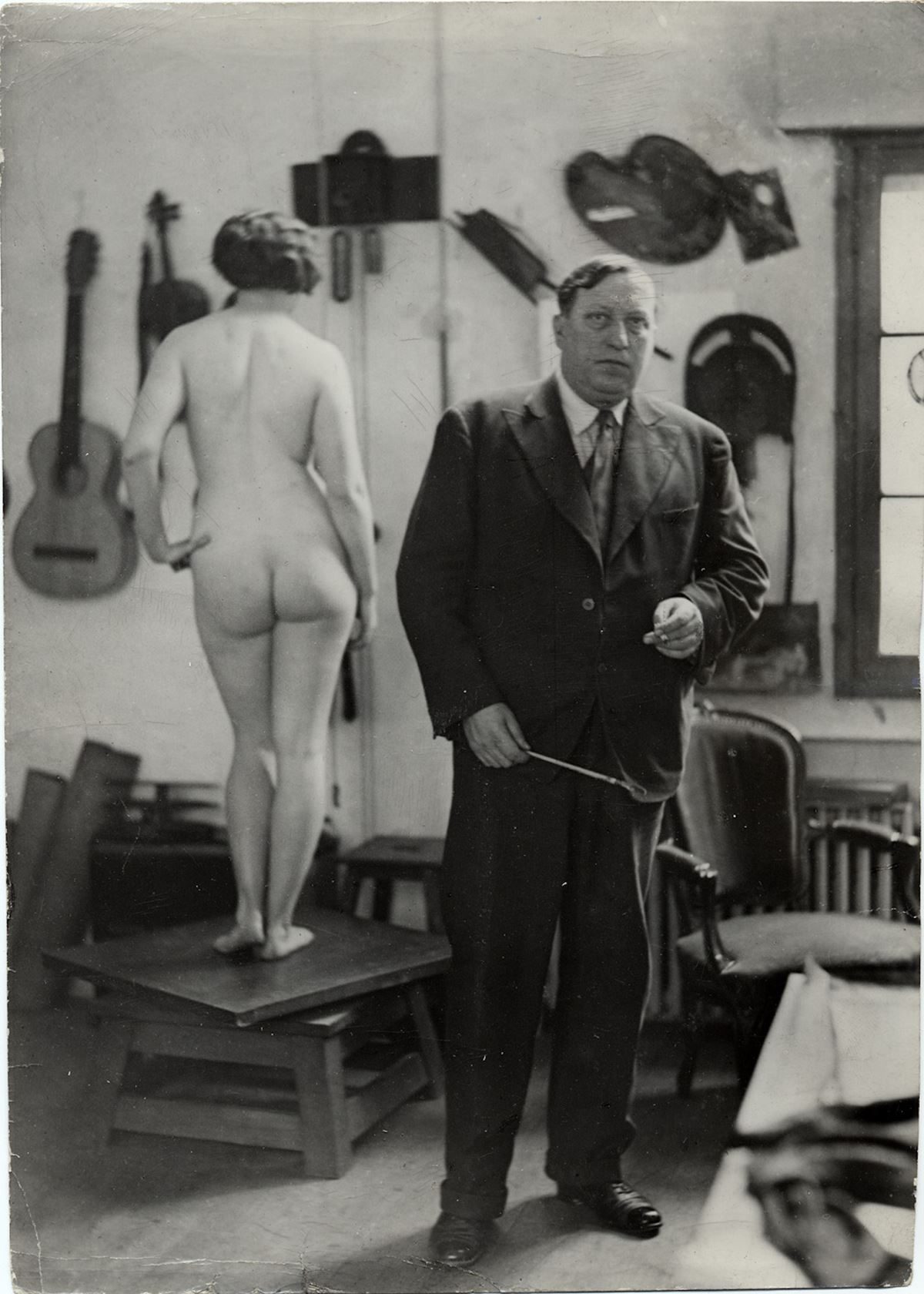
Umbo (Otto Maximilian Umbehr) Portrait of Derain, 1928
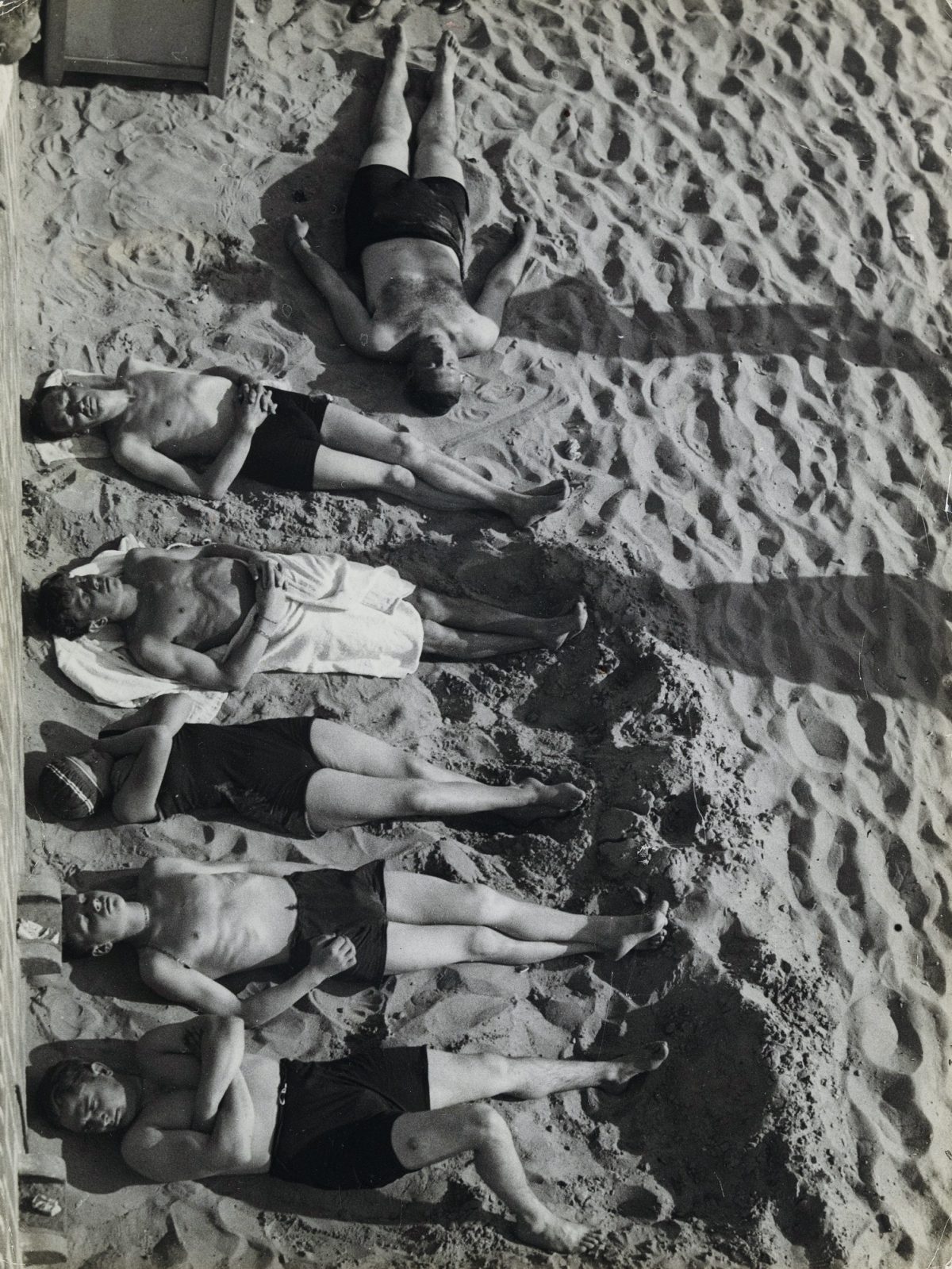
Six at the Beach, 1930 Otto Umbehr
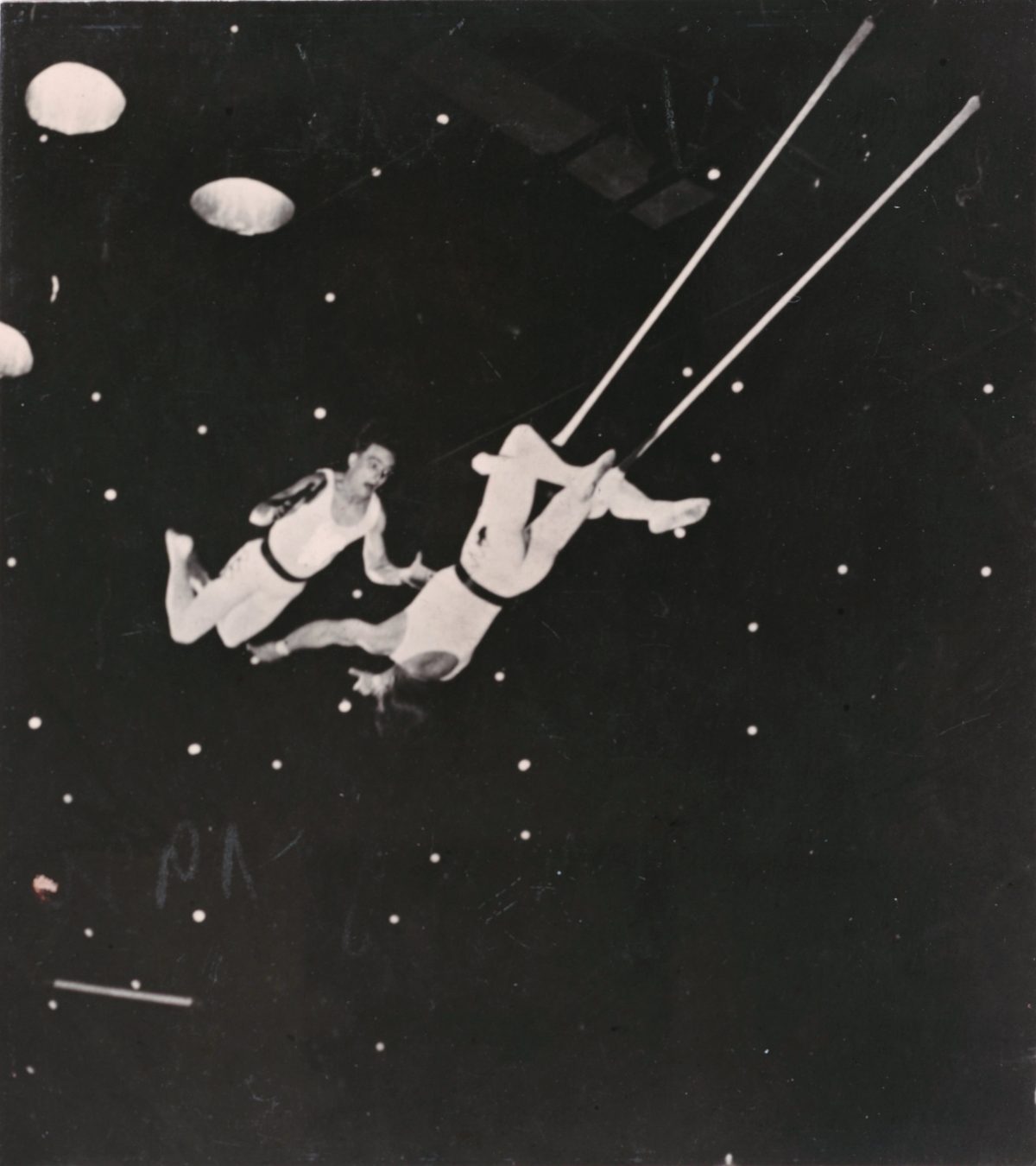
Umbo (Otto Umbehr) untitled c.1932
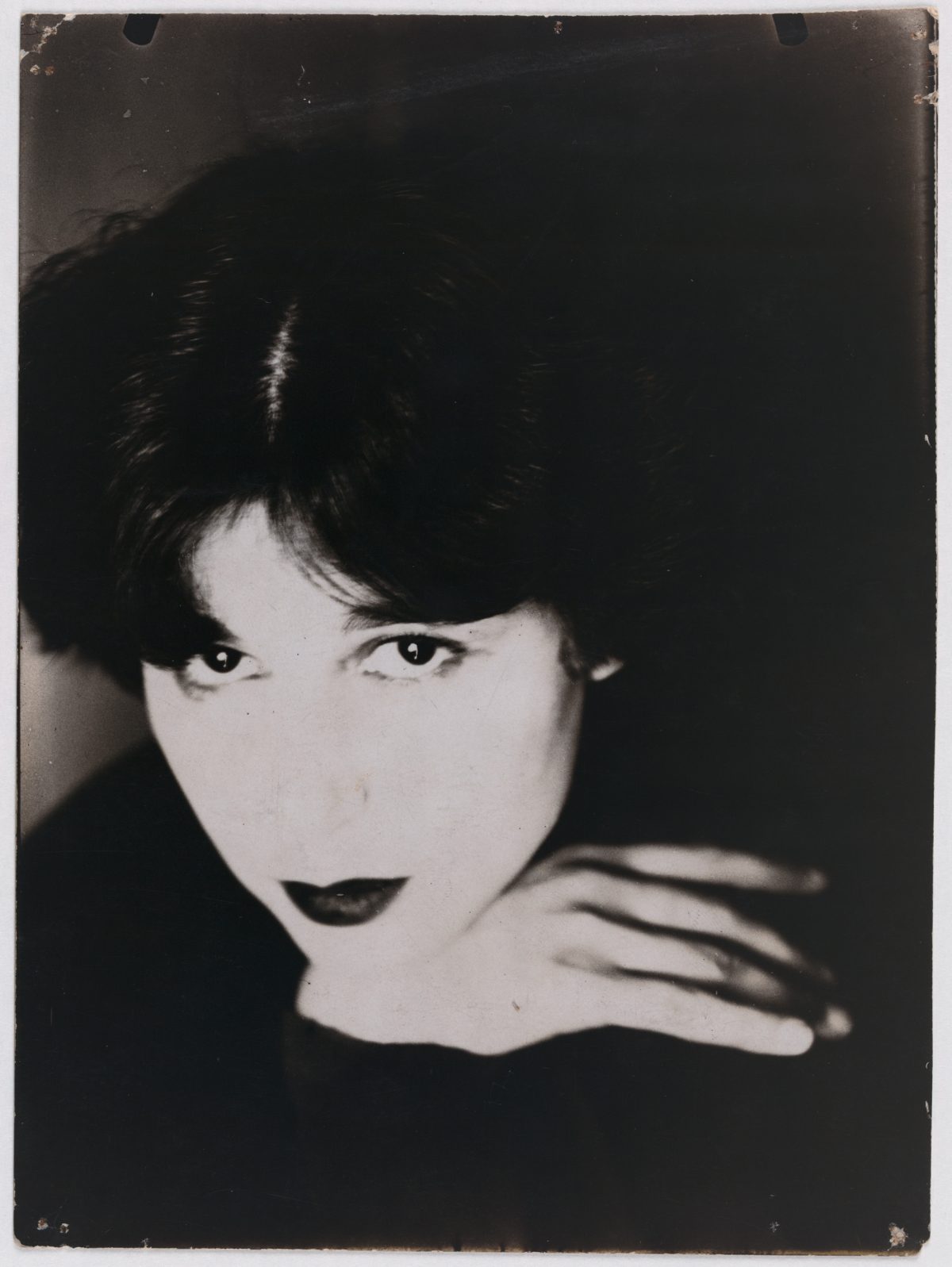
Umbo, Ohne Titel (Ruth. Die Hand), um 1926
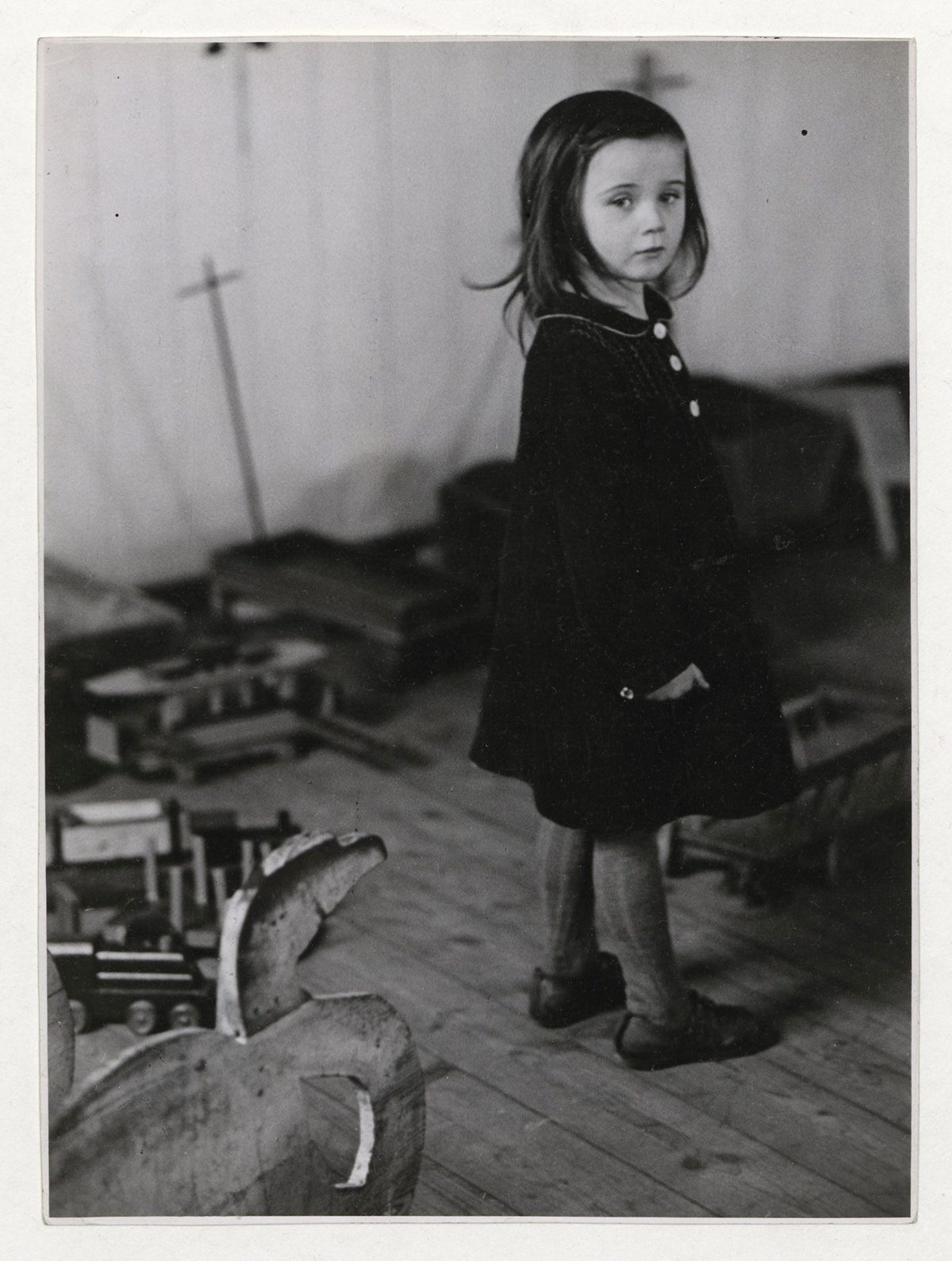
Umbo, Ohne Titel, aus der Reportage “The Lost Child”, 1951
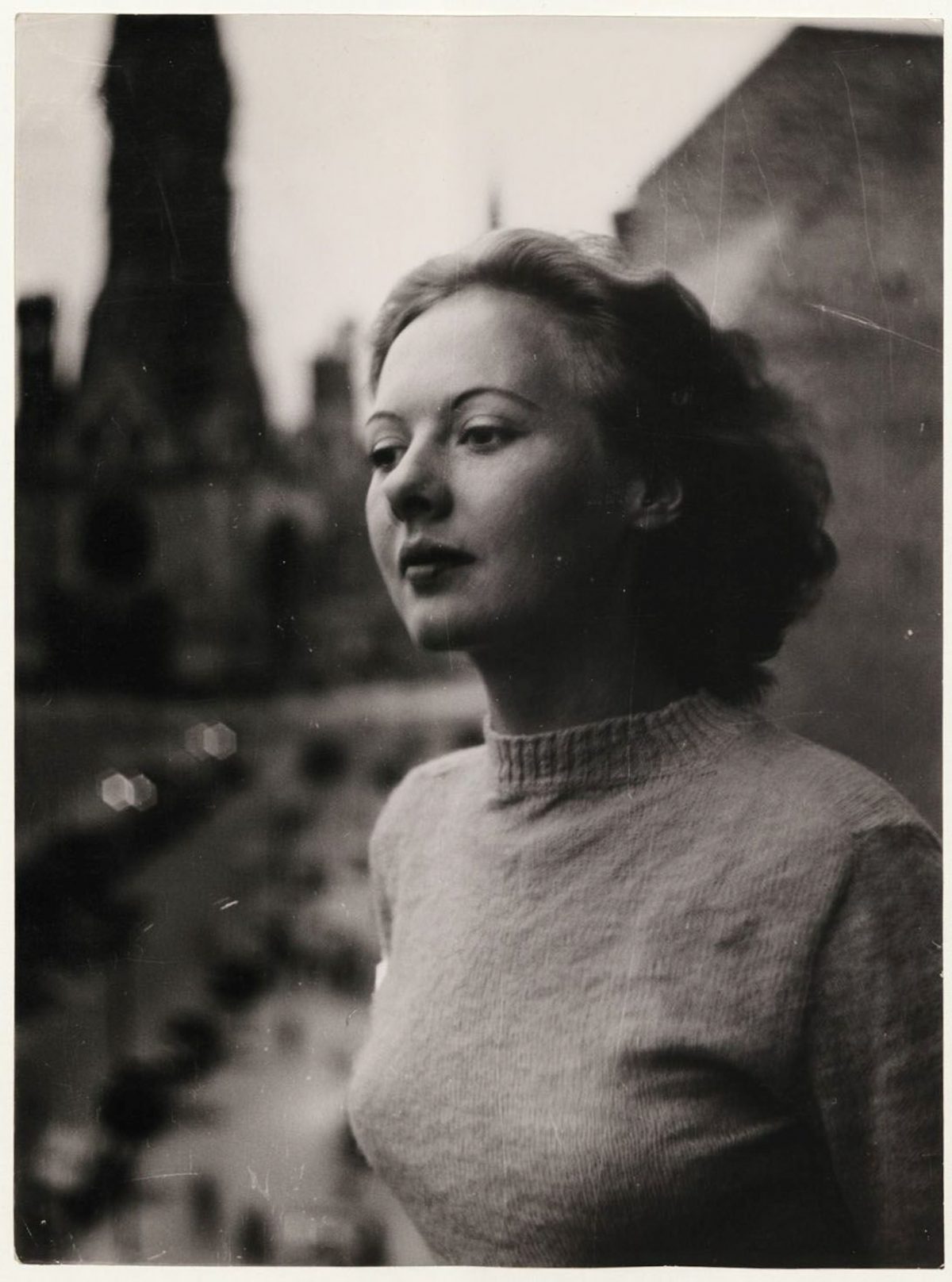
Umbo, Karin Friedrich an Gedächtniskirche, aus der Reportage “Berlin 1950”
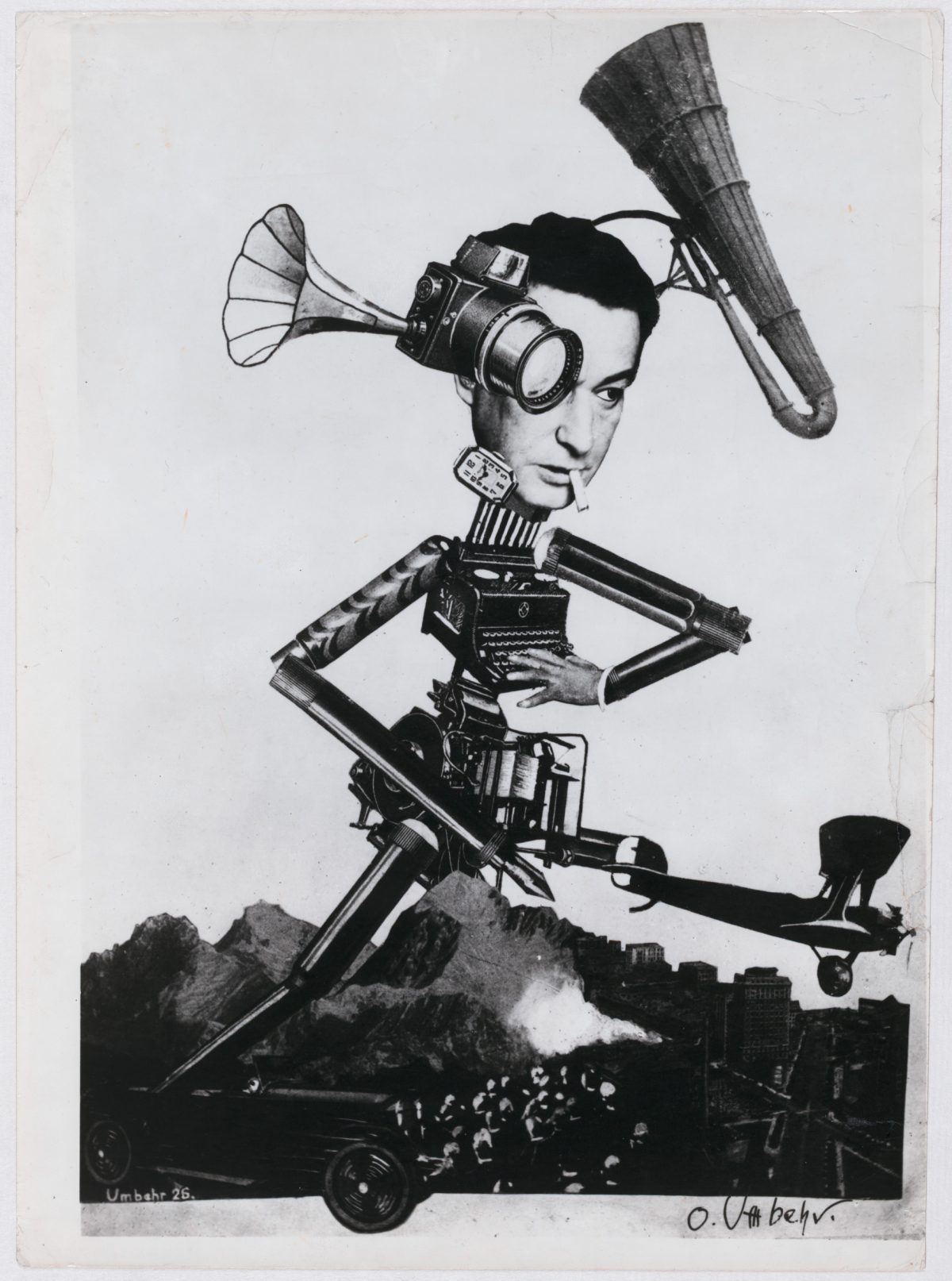
Umbo, Der Rasende Reporter, 1926
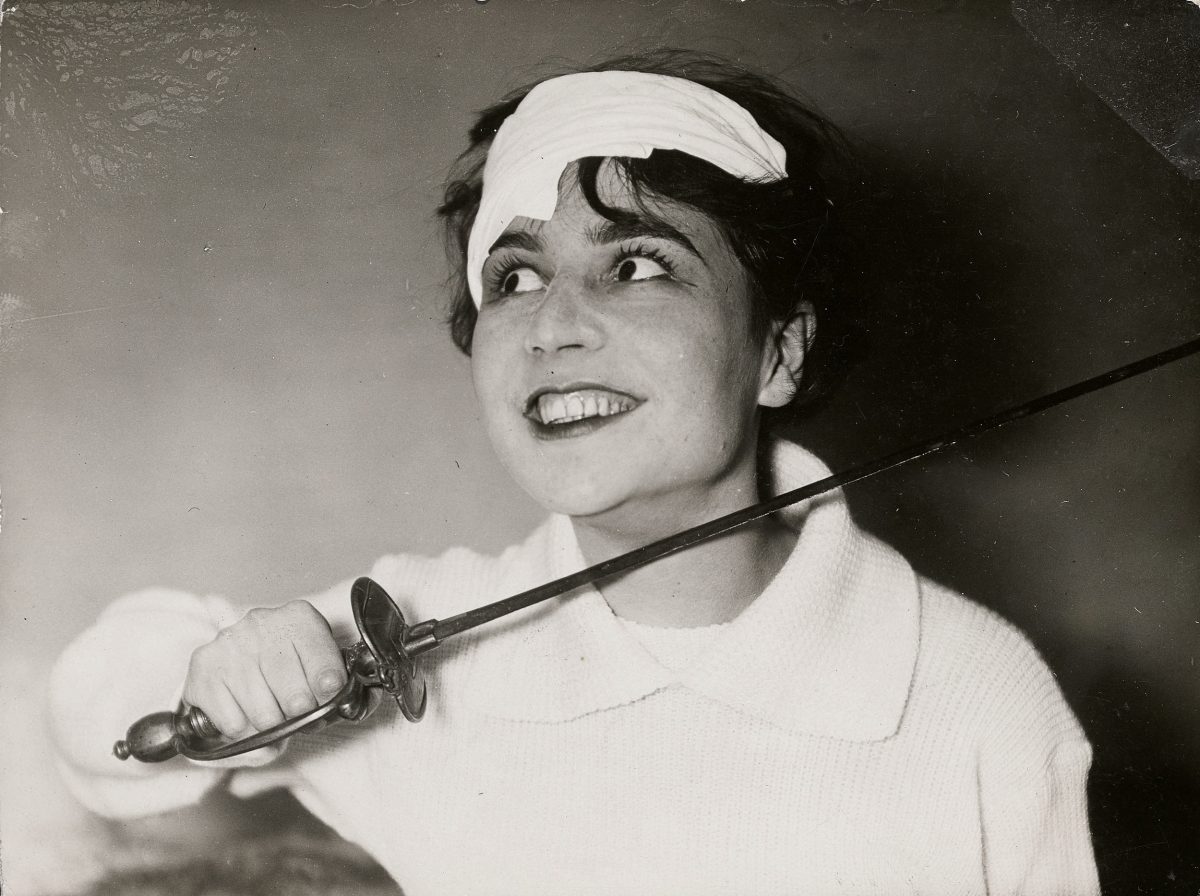
Umbo, Ruth Landshoff, 1927
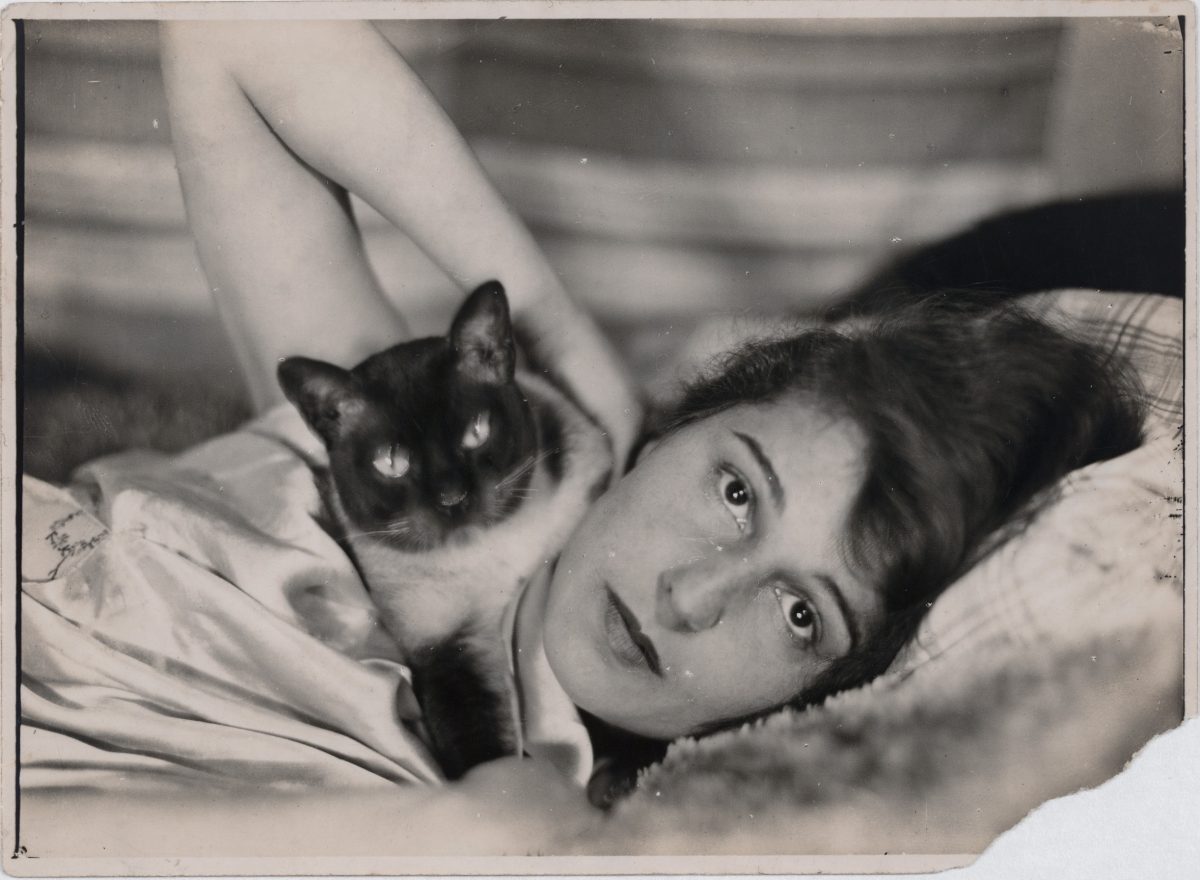
Umbo, Ohne Titel (Ruth Landshoff mit Katze), 1928
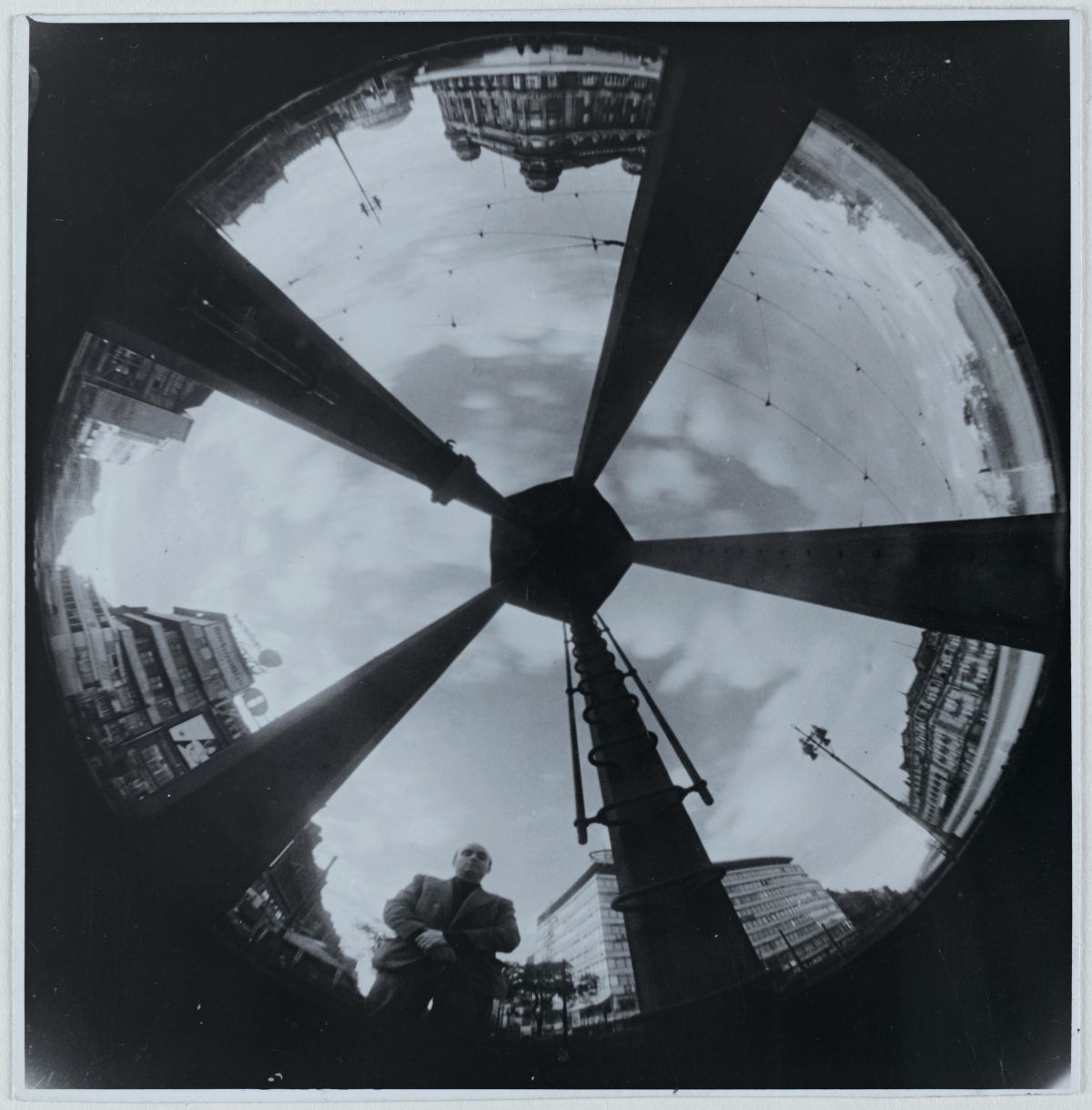
Umbo, Ohne Titel, Aus der Serie Die Himmelskamera, um 1935
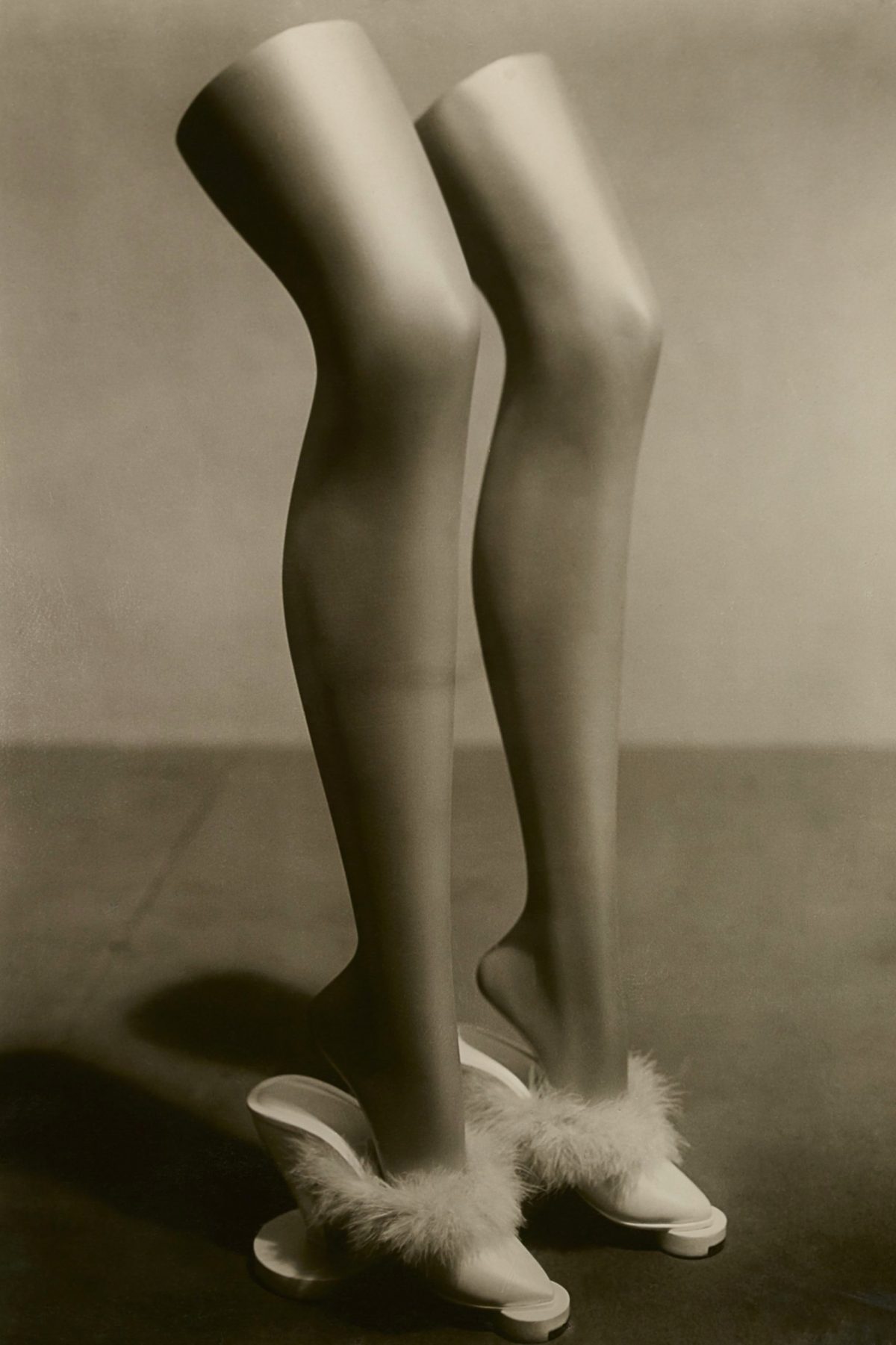
Umbo, Pantoffeln, 1928:29
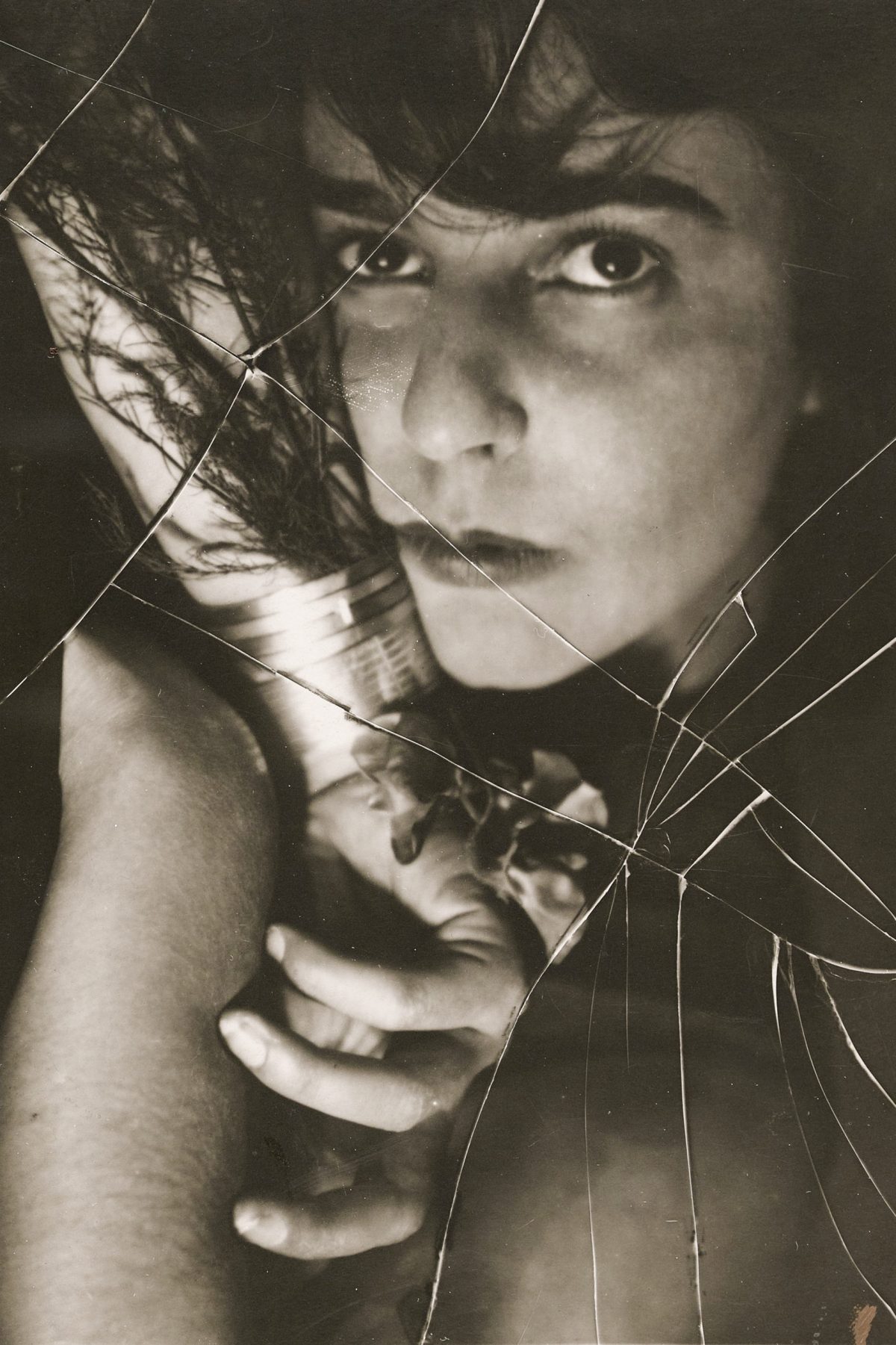
mbo, Ruth. Spinne, 1927, Stiftung Bauhaus Dessau
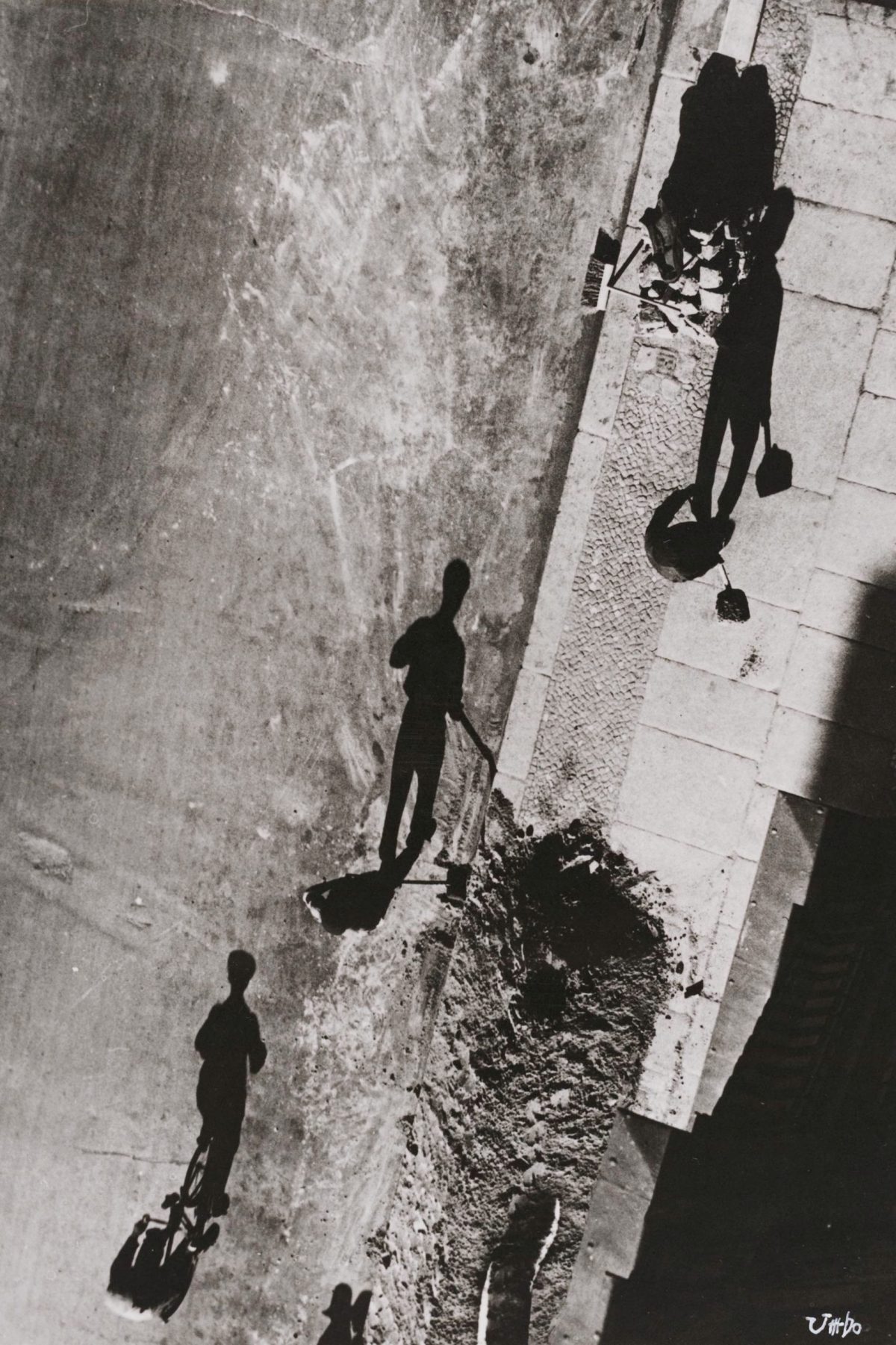
Umbo, Unheimliche Straße, 1928
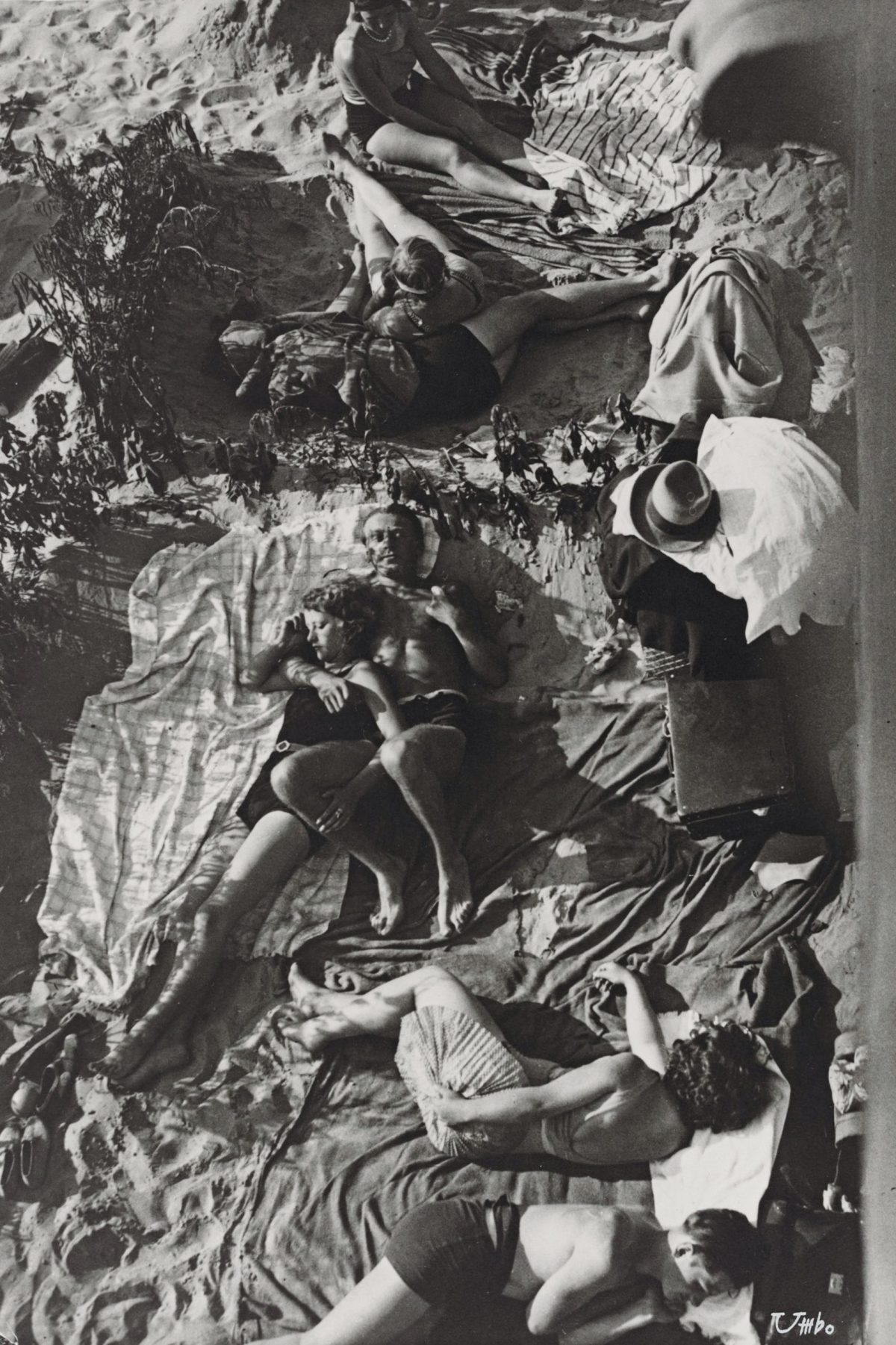
Umbo, Am Strand (auch Strandleben), 1930
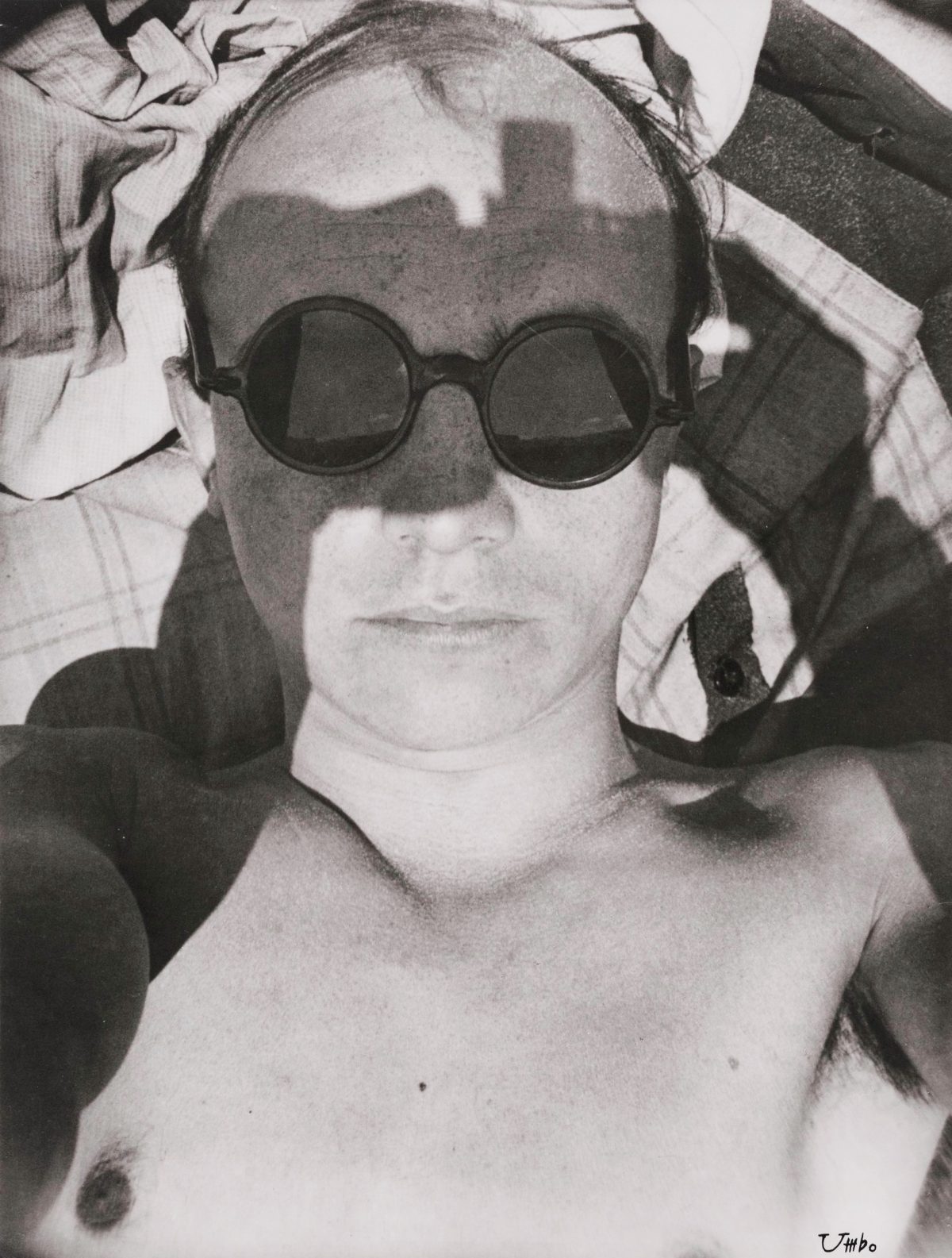
Umbo Self-Portrait, 1930
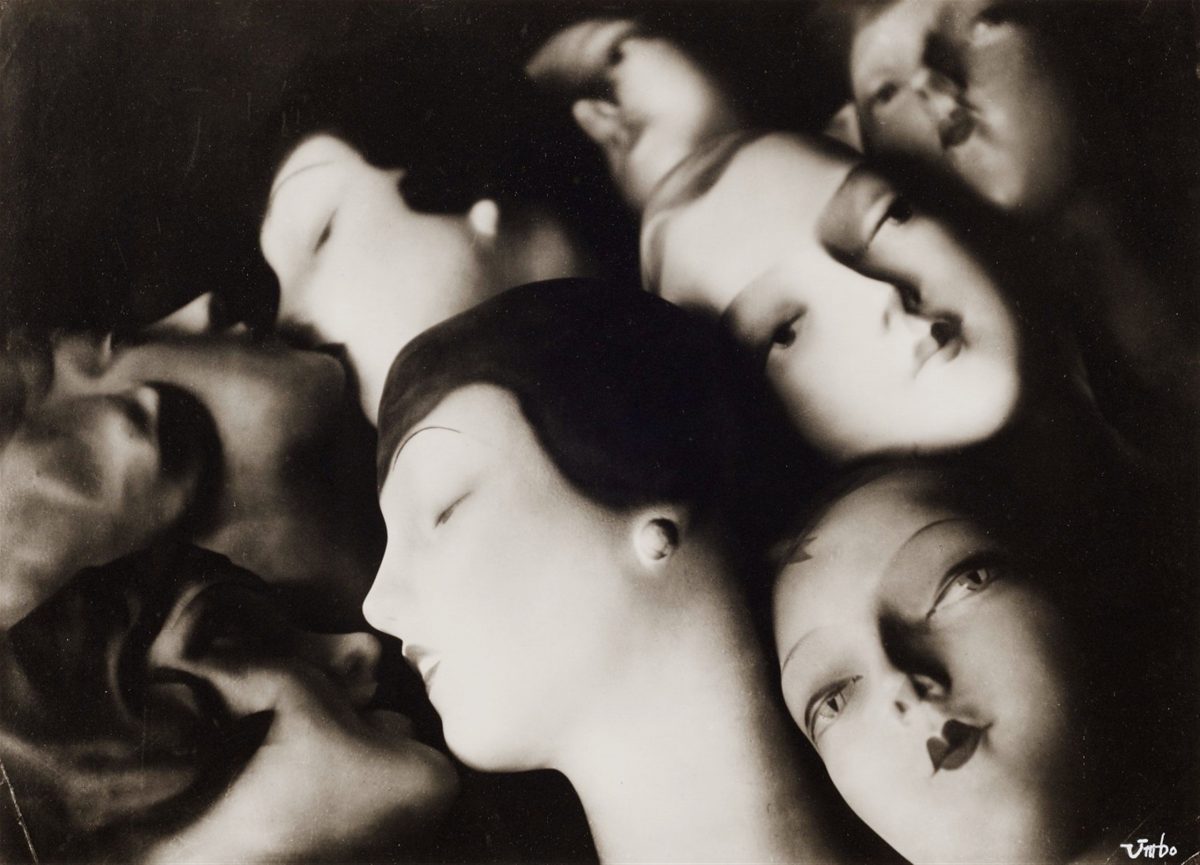
Otto Umbehr (UMBO) — Portfolio, 1927-1930 (dummy, heads)
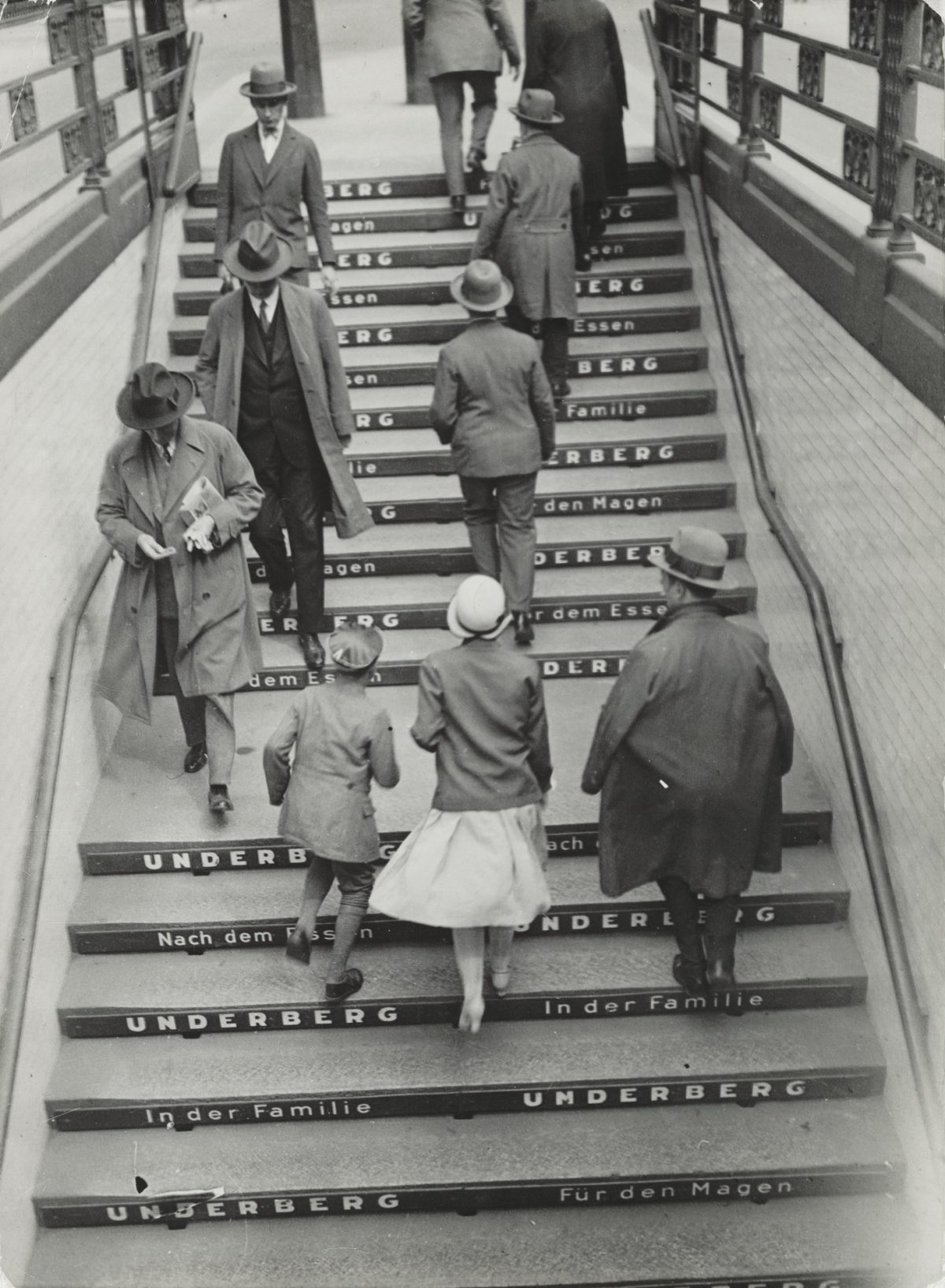
Umbo (Otto Umbehr) Stairs II 1929–31
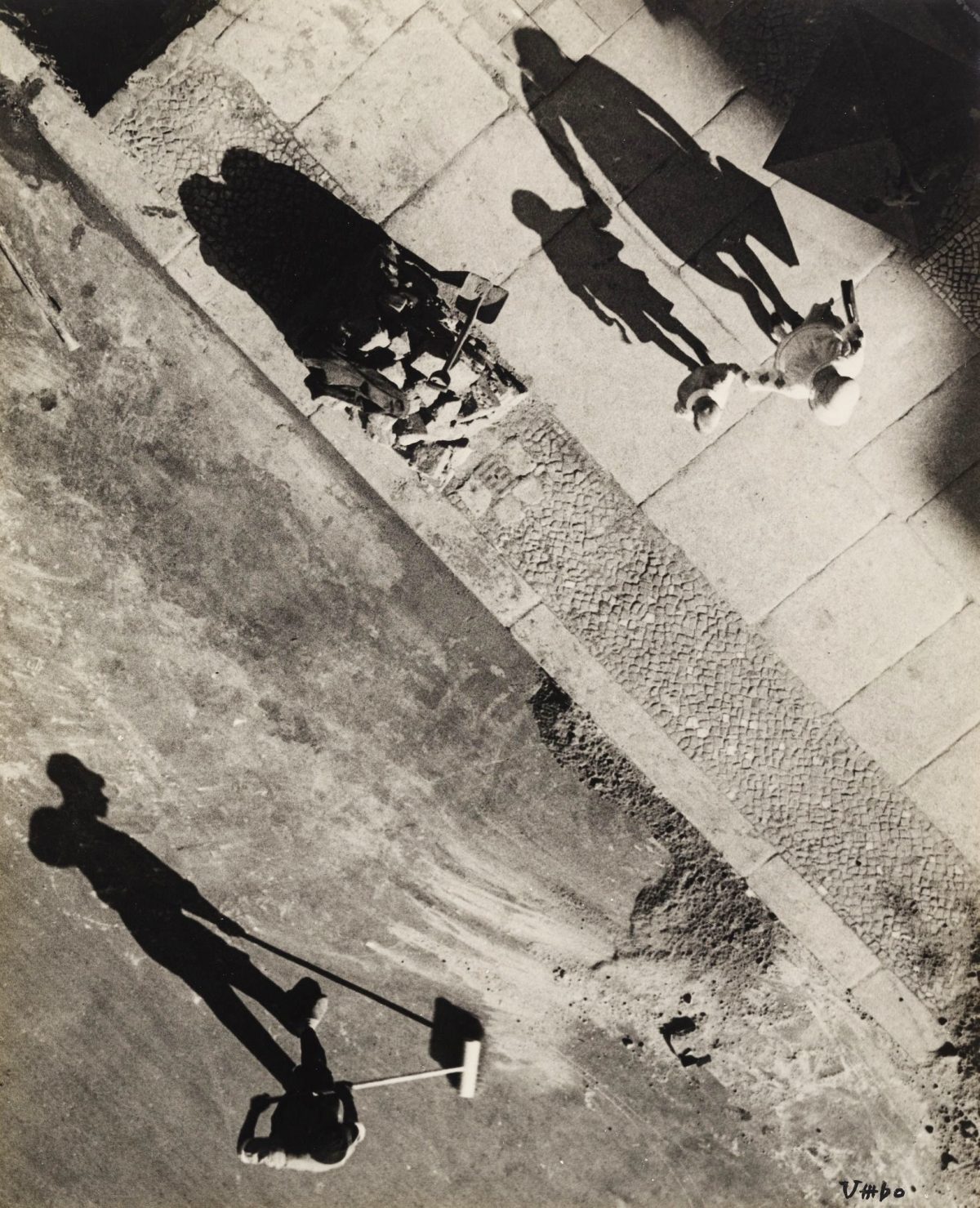
Mystery of the Street 1928 Umbo (Otto Umbehr)
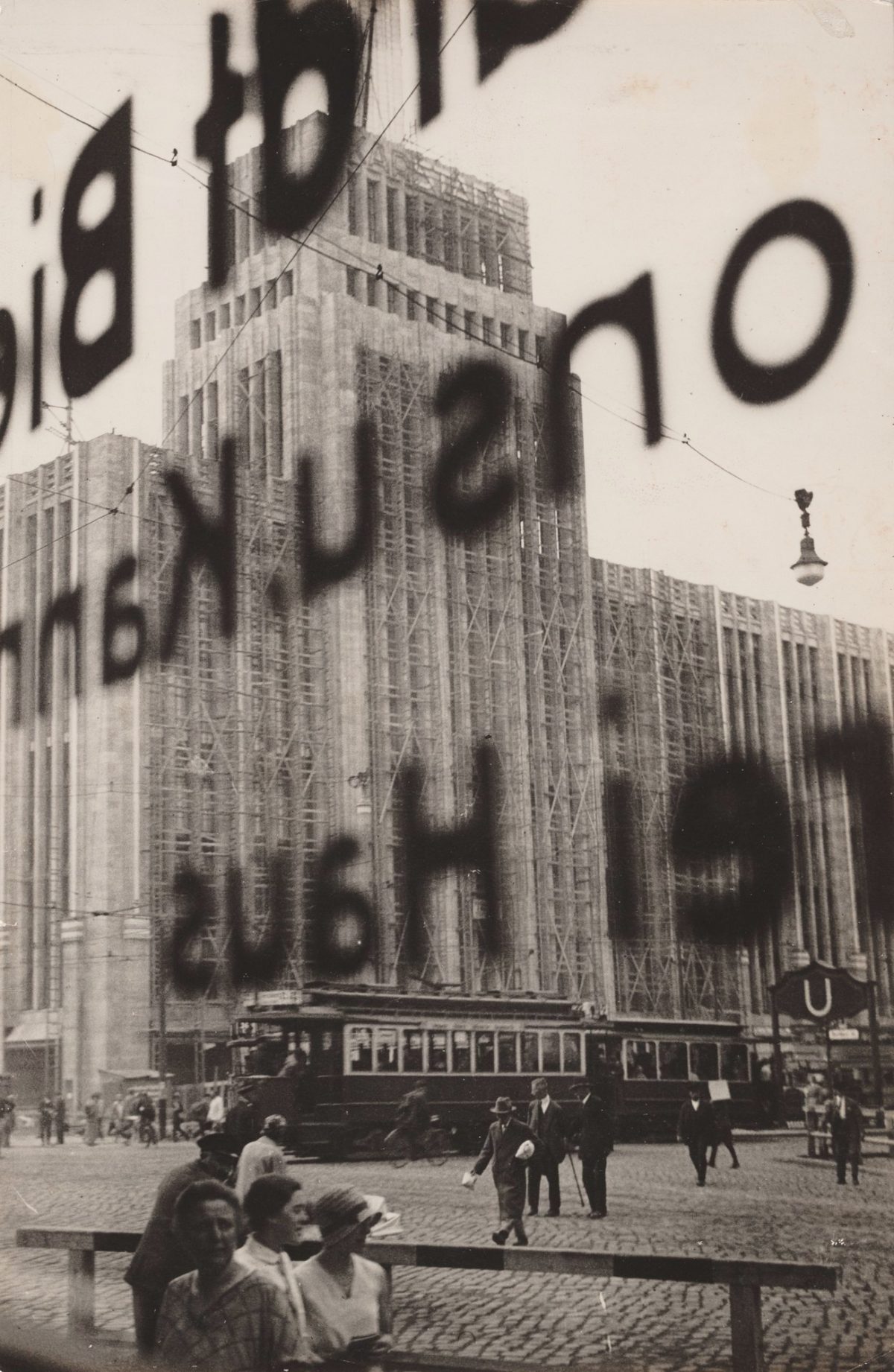
Umbo (Otto Umbehr) View of Berlin’s Department Store Karstadt 1929
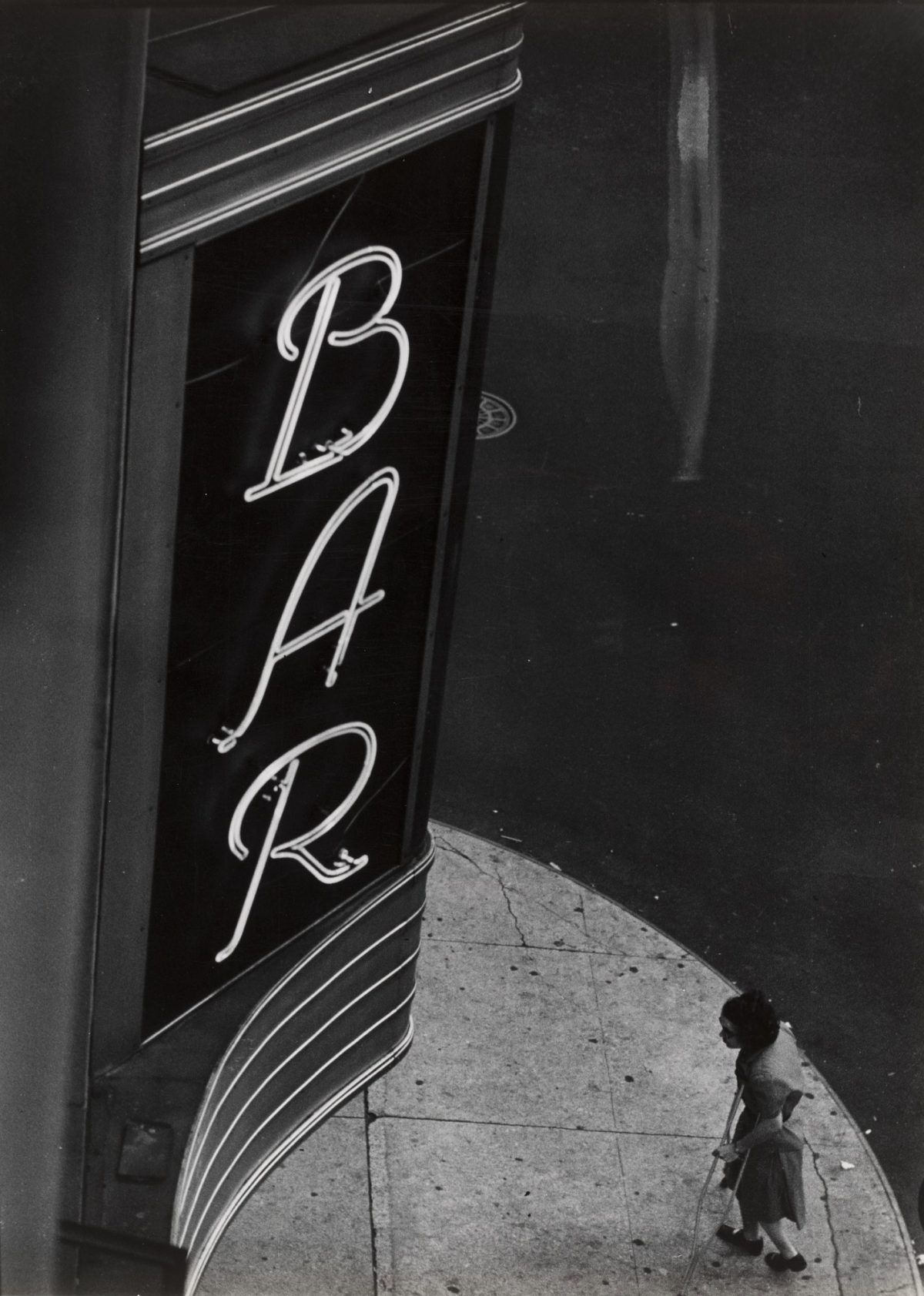
Umbo (Otto Umbehr) Untitled 1951
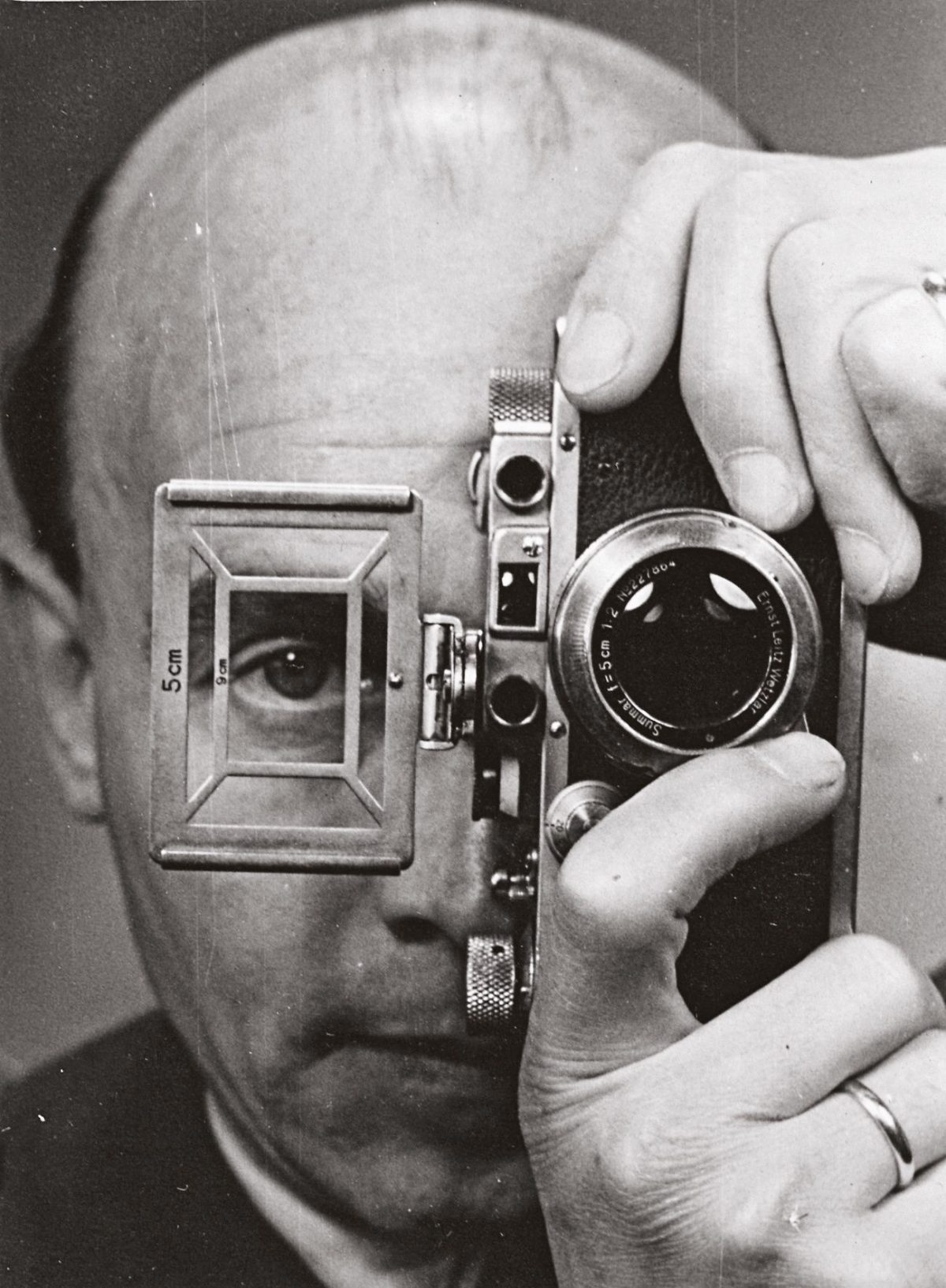
Would you like to support Flashbak?
Please consider making a donation to our site. We don't want to rely on ads to bring you the best of visual culture. You can also support us by signing up to our Mailing List. And you can also follow us on Facebook, Instagram and Twitter. For great art and culture delivered to your door, visit our shop.

